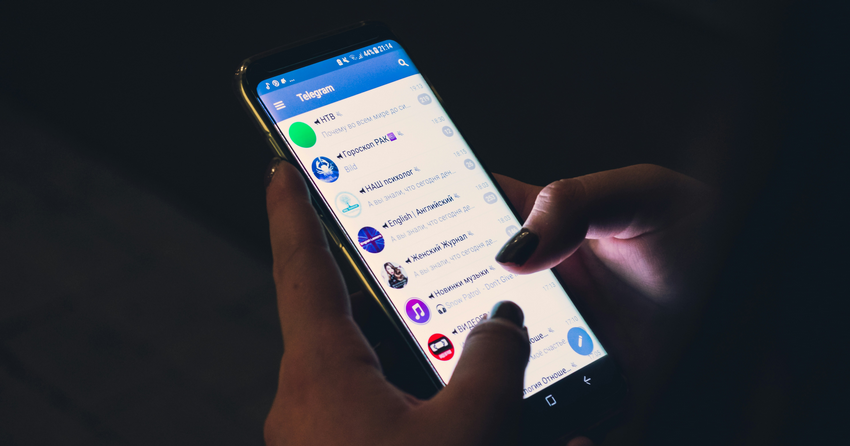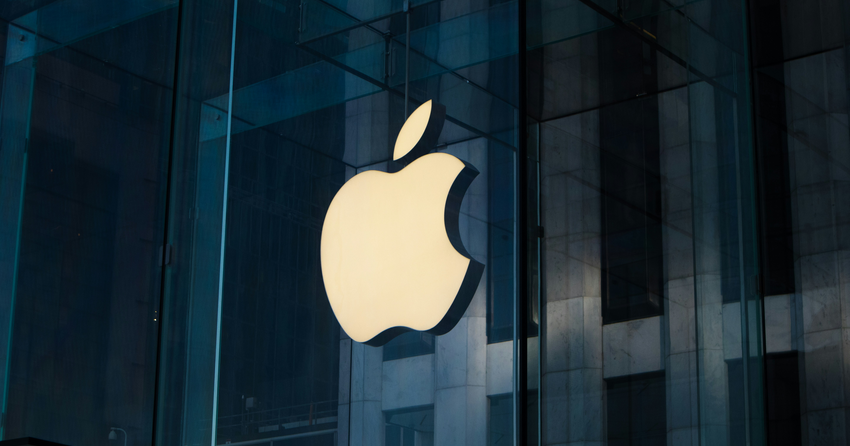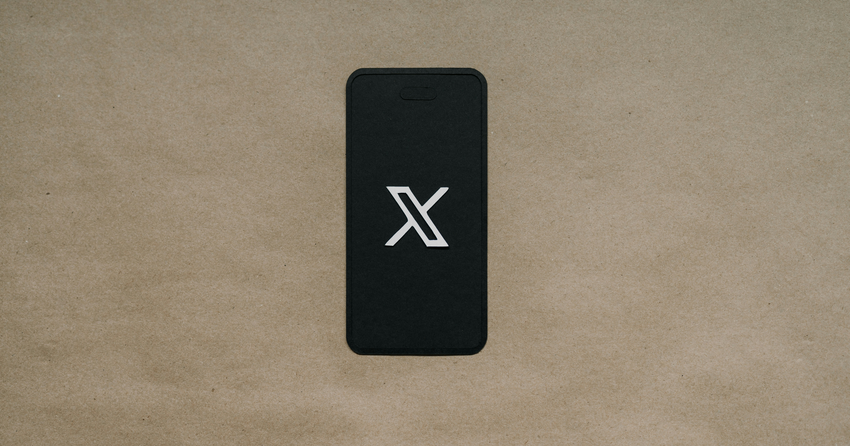
Supreme Court Cases Could Reshape the Internet
The US Supreme Court heard oral arguments last week on two cases: Gonzalez v. Google and Twitter v. Taamneh. The rulings, expected in June, could expose tech platforms to increased liability over user-generated content they display and recommend.
The case of Gonzalez v. Google centers around whether Google can be sued for recommending terrorist videos on YouTube, one of its platforms. The plaintiffs in the case are the family of Nohemi Gonzalez, a victim of the 2015 Paris Terror Attack. The family claims that the recommendation engine is not covered under the protections of Section 230 and that Google can be held liable under US antiterrorism laws.
Google, however, argues that its algorithms are designed to respond to user preferences and that it is not responsible for the interests of its users.
The case of Twitter v. Taamneh is focused on whether Twitter knowingly aided a terrorist group by posting and allowing the group’s content to remain available on its platform. The plaintiffs are the family of Nawras Alassaf, a victim of a terrorist attack in Istanbul in 2017. Twitter claims that although a terrorist group used its platform, this does not mean Twitter “knowingly” supported the group.
At the center of these two cases is Section 230 of the Communications Decency Act, a federal law from 1996 that largely protects tech platforms from any liability for the content posted by users.
Opponents of Section 230 claim that without tighter controls, tech platforms could prioritize profit over public safety.
If the court rules in favor of either of the plaintiffs, this would set a precedent that would leave many tech companies open to lawsuits. As a result, these companies would need to heavily invest in moderating content, potentially limiting free speech and expression online.
Many tech companies are weighing in on the debate. Meta, Microsoft, and Yelp have submitted friend-of-the-court filings to support the protections of Section 230.
Proponents claim it is necessary for the basic function of the web. Huge volumes of data are added daily, and many platforms moderate and curate that content to help users access the most relevant information.













